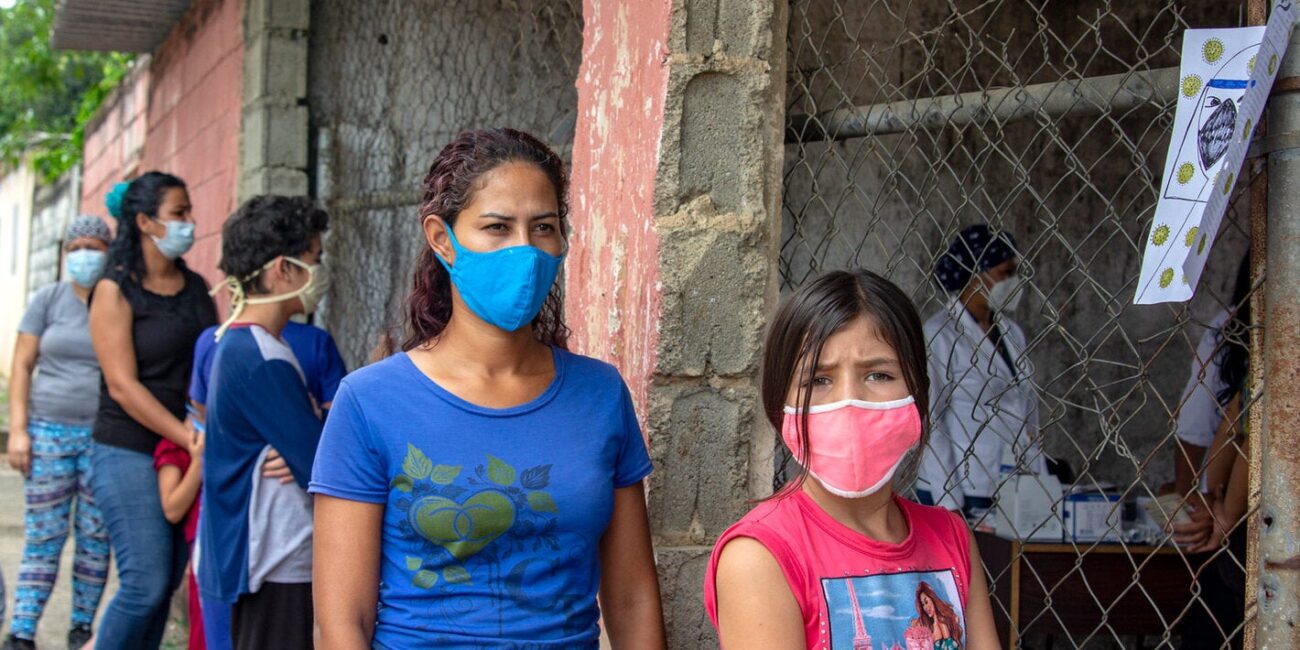PAHO calls for more access on COVID-19 vaccines
As the world braces itself for another wave of the COVID-19 infections, the Pan American Health Organization (PAHO) has urged local governments to remain vigilant and steadfast in enforcing public health measures and surveillance.
A number of countries in Central America, the Caribbean and some South America have seen a spike in their COVID-19 cases last week, PAHO Director Carissa F. Etienne recently disclosed.
“Cases rise when complacency sets in,” Etienne said in a press briefing. “We are all tired, but after experiencing successive peaks of infections in the same locations, we must break this cycle by embracing public health measures early and consistently.”
In the Caribbean, Cuba has reported the highest number of weekly cases since the start of the pandemic. Meanwhile cases have tripled in the British Virgin Islands following its move to welcome cruise ships to its docks.
“When variants of concern circulate,” she continued, “it’s even more important that countries step up surveillance, especially while vaccine coverage remains low.”
The health agency has also stressed and has called for an increased access to vaccines, especially in the Caribbean where the doses continue to be inaccessible for most people.
“As countries that struck deals with vaccine manufacturers pull further ahead, vaccination coverage continues to linger in the single digits for much of our region,” Etienne lamented.
This week, Haiti received the 500,000 vaccine shots donated by the United States through the COVAX Facility.
“These vaccines, which have obtained WHO emergency use license, will be administered free of charge to the Haitian population,” Dr. Marie Gréta Roy Clément, Haiti’s Minister of Public Health and Population announced.
Meanwhile in The Bahamas, a local newspaper has reported that because of the shortage in the supply of AstraZeneca vaccines, the local government has halted administering the first dose to focus on the second dose jabs.
An article from the National Defense Magazine cited PAHO, stating that as of the end of May, Chinese-made vaccines accounted for 82 percent of all doses administered in Chile, 86 percent in El Salvador, and 32 percent in Peru.



